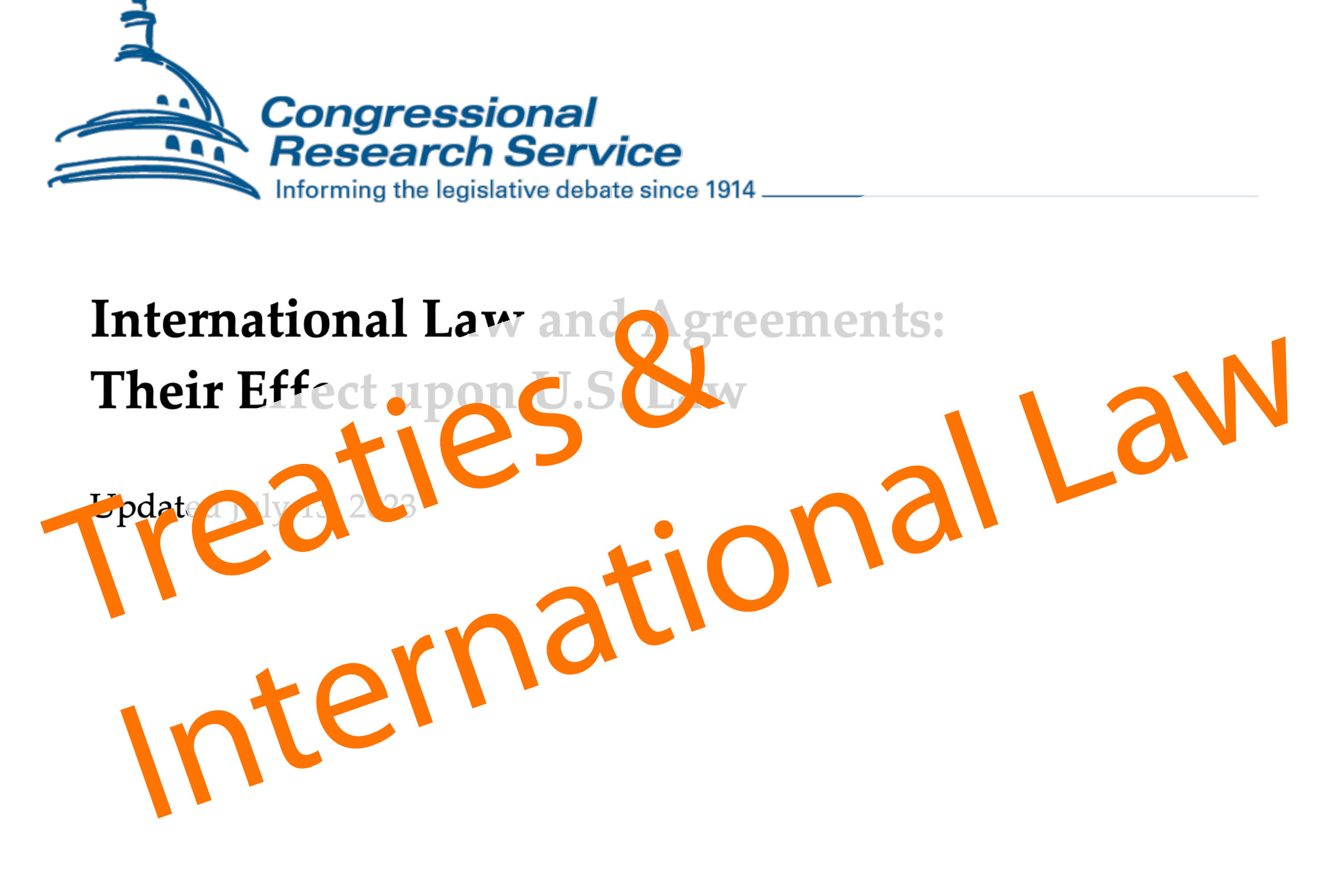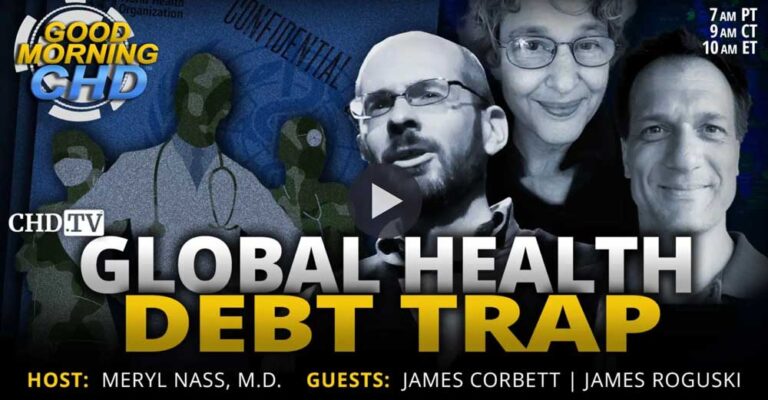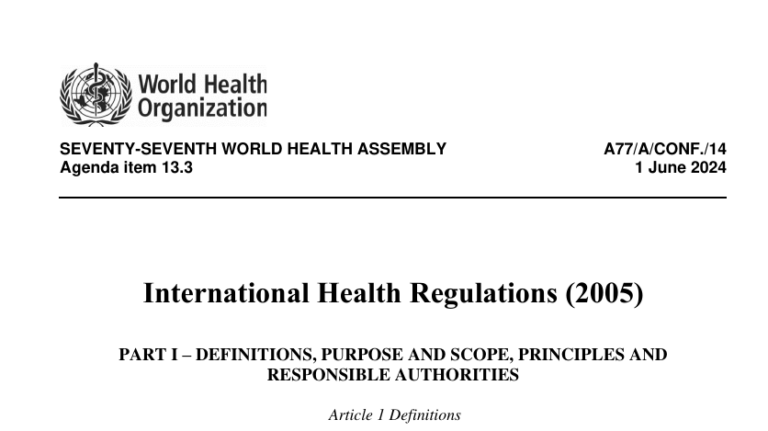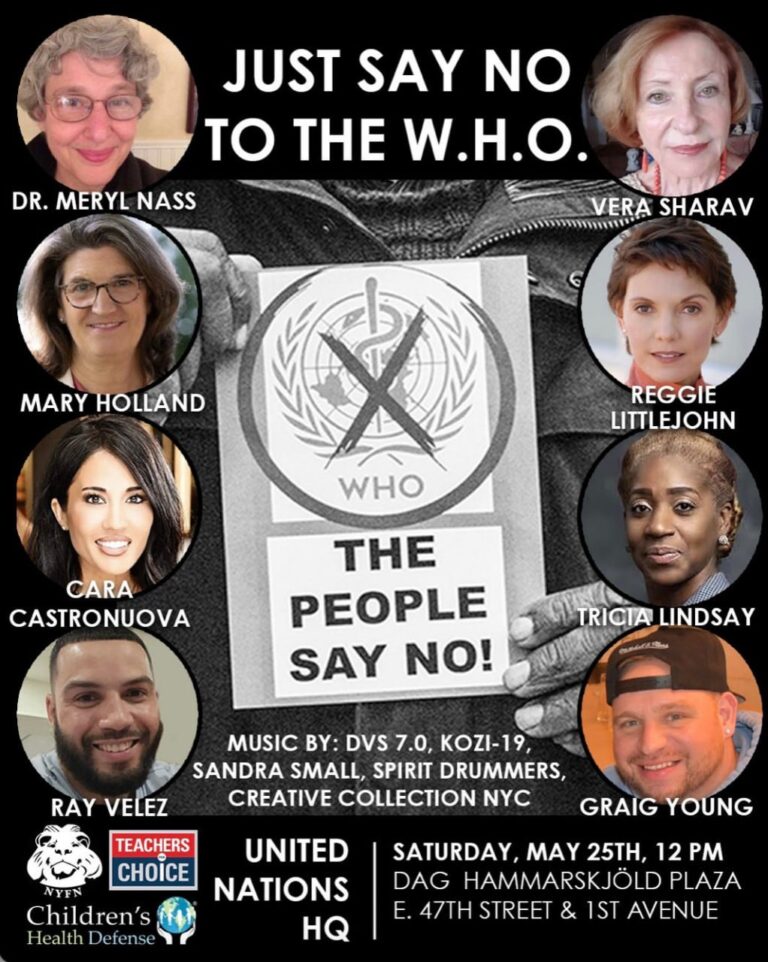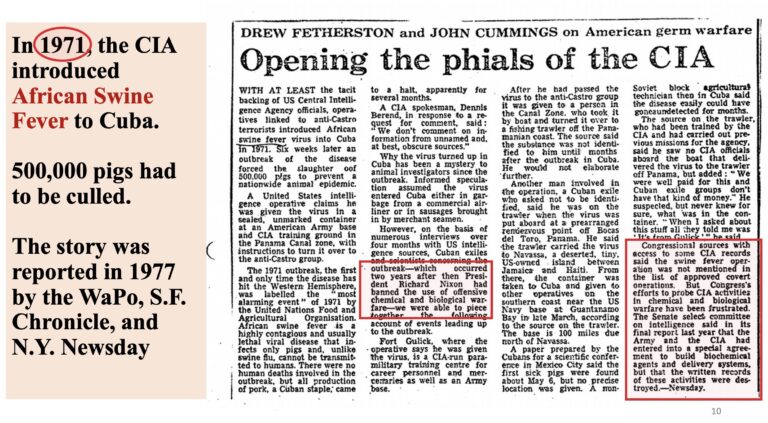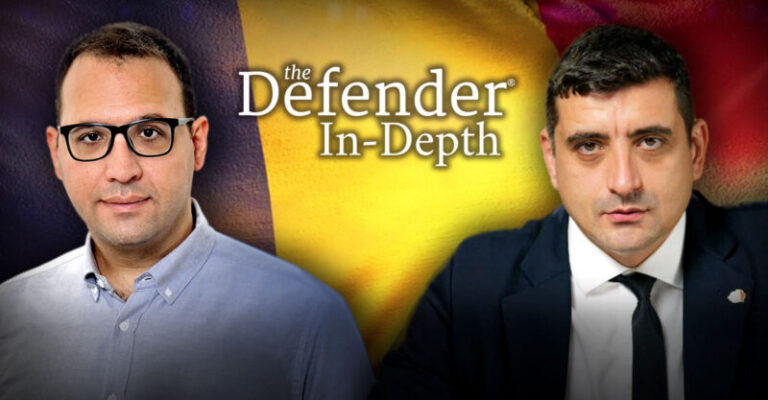90% of International Agreements do not go through 2/3rd Senate Ratification, yet have the effect on law of treaties. What’s up with that?
There are some significant historical Supreme Court cases where International Agreements trumped State law – one being the 1920 case Missouri v. Holland.
The misdirection offered by most “fact-check” sites is that the IHR amendments and Pandemic Treaty are not enforceable, and that while they are “legally binding” there are no legal consequences for not implementing.
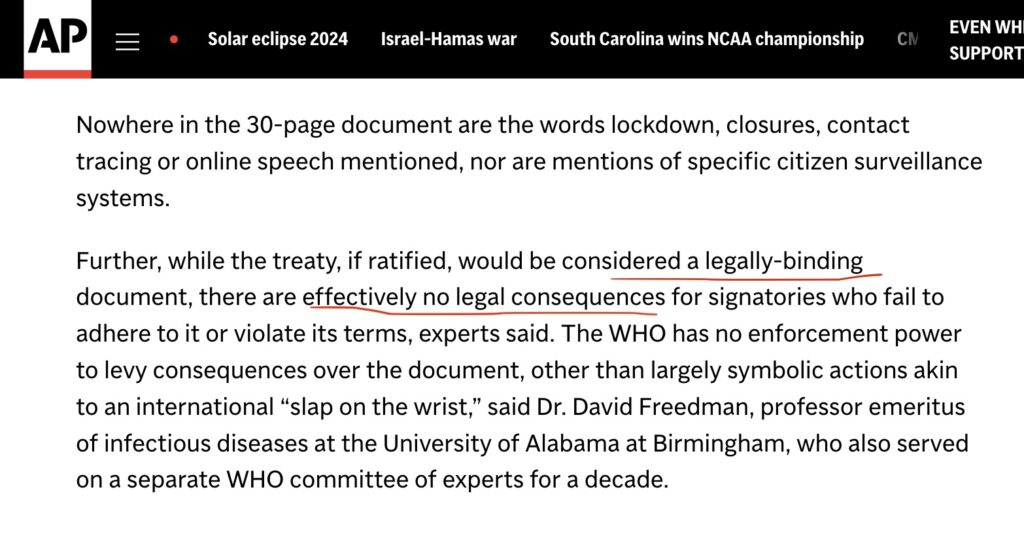
However, the 2023 NDAA already provided “prior congressional authorization” – thus passing these documents into law in the US (assuming the presidential administration approves!) with the statements:
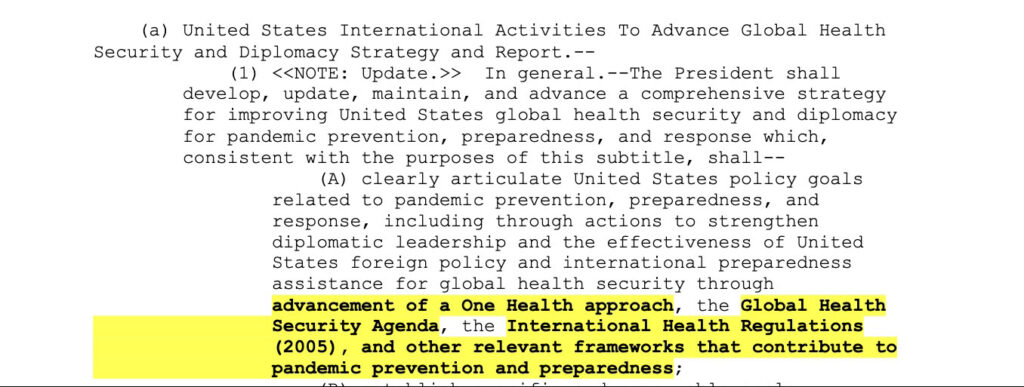

Further, the misdirection proceeds because there is a grave lack of clarity in how international agreements, executive agreements, and treaties function under US law. All are forms of treaties, but not all fall into the 2/3rd Senate ratification realm of the constitution.
Congressional Research Service recently revised its statements on exactly what the IHR are- deleting an earlier acknowledgement that the IHR is a treaty.
However, both the IHR 2005 and the WHO Constitution are listed on page 532 of the 2020 Publication at the State Department called “Treaties in Force.”
But if you really want to get into the details of all the differences between International Agreements, Executive Agreements, and Treaties, read this: International Law and Agreements: Their Effect upon US Law.
Some useful summaries from the report:


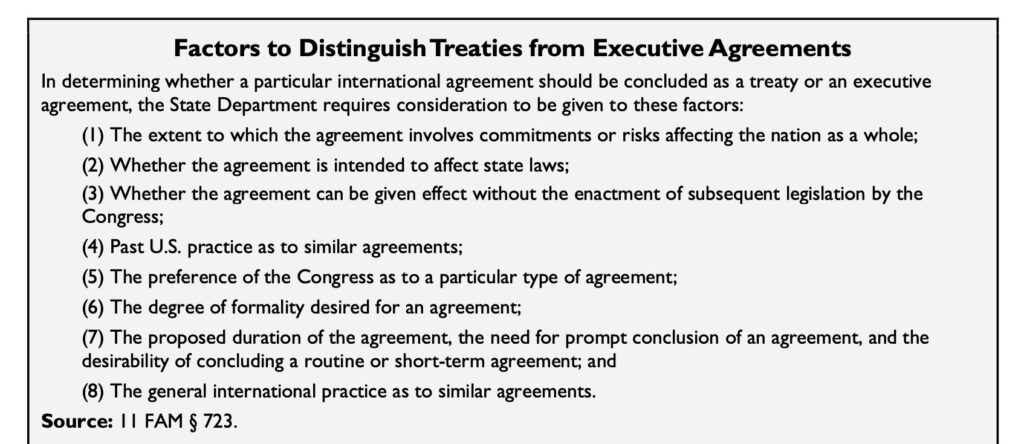
See items #2 and #3 above: this may be the reason State Attorneys General wrote a petition to HHS in 2022 (denied) and the reason we believe states must now assert their rights.
Executive Agreements
Congressional Research Service, “International Law and Agreements: Their Effect upon U.S. Law” July 13, 2023
The great majority of international agreements that the United States enters into are not treaties but executive agreements—agreements entered into by the executive branch that are not submitted to the Senate for its advice and consent. The Constitution does not specifically discuss executive agreements, but they have still been considered valid international agreements under Supreme Court jurisprudence and as a matter of historical practice. The United States has
made executive agreements since the earliest days of the Republic, and their use increased significantly in the post–World War II era. Commentators estimate that more than 90% of the United States’ international agreements have been in the form of an executive agreement.
When did the United States become a party to the IHR, and are the Regulations a treaty?
Congressional Research Service, “U.S. Proposals to Amend the International Health Regulations” June 22 2022 – deleted from the CRS website
In 1948, Congress passed a joint resolution authorizing the President to accept membership for the United States in WHO. Through an “executive agreement,” the United States accepted to be legally bound by the IHR. An executive agreement is an international agreement based on constitutional authority conferred on the executive branch (e.g., executive authority over foreign affairs). Although an executive agreement is a type of treaty from an international law perspective, it does not qualify as a treaty for purposes of the U.S. Constitution’s Treaty Clause, which requires Senate advice and consent.

